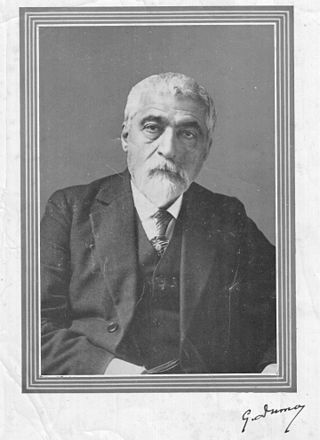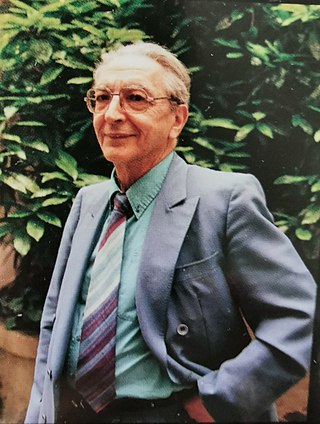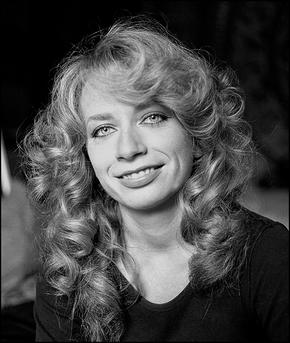Biography
Moles studied electrical and acoustics engineering at the University of Grenoble while preparing a bachelor in sciences of nature. He became a research assistant at the Laboratory of metal physics, under the direction of Félix Esclangon, then of Louis Néel. There he learned techniques of metal work, then electric and electronic tools. He wrote reports on material properties or technical analysis. At the end of the Second World War, he was hired by the French National Centre for Scientific Research in the Laboratory of acoustics and vibrations of Marseille, and at the CRSIM (Centre de recherche scientifique industriel et maritime).
In 1952, he obtained a PhD in physics for a thesis titled 'La structure physique du signal musical et phonétique' (under the direction of René Lucas, Edmond Bauer, Henri Pieron and the physiologist Alexandre Monnier). He then participated to the works of the Centre d’études de la radio-télévision (directed by Jean Tardieu), and was a member of Pierre Schaeffer's team. But due to his financial precarity, he accepted two grants of the Rockefeller Foundation, in order to work at Columbia University (Music Department headed by Vladimir Ussachevsky).
In 1954, he defended a second PhD, in philosophy, under the title "La création scientifique", under the direction of Bachelard.
From 1954 to 1960, Abraham Moles was the director of the Laboratoire d’électroacoustique Scherchen, in Gravesano, Switzerland. It was directed by Hermann Scherchen, one of the pioneers of Radio Berlin, who had discovered composers as famous as Luciano Berio, Iannis Xenakis, Bruno Maderna, Luigi Nono. At the same time, Abraham Moles was teaching at the University of Stuttgart (with Max Bense), of Bonn, of Berlin and of Utrecht. He was finally appointed as a full professor at the Ulm School of Design.
After 1966, he taught in Strasbourg (in the department created by Henri Lefebvre), first in sociology, then in social psychology. He created there an Institute for social psychology of communications, usually called École de Strasbourg. He developed an article "Art et ordinateur" (1970) into the book Art et ordinateur (1971). transposing the theories of Shannon to aesthetics.
His 1973 book, Théorie de l'information et perception esthétique (Information Theory and Esthetic Perception) expanded on his 1952 PhD work with music to show how an aesthetic work such as a piece of composed music was structurally made up of nested and increasingly fine sub-components which, upon auditioning, are then grouped perceptually to make a whole phrase, passage and composition. His work of this period was influential in that it allowed a link to be made between physicalist and semiotic approaches to information theory.
He is a founding member of L’Académie nationale des arts de la rue (ANAR) created in 1975 with Marcel Bleustein-Blanchet, Jacques Dauphin, Paul Delouvrier, Georges Elgozy, Roger Excoffon, Maurice Cazeneuve, and André Parinaud. [1]
He was the president of the French Society of Cybernetics, founded by Louis Couffignal.













